AARP Hearing Center


Chapter 9
1993
I MET ROLY BYRNE FOR THE FIRST TIME at the Irishtown Garda Station. When we got back from Glenmalure, Emer and Daisy and I went straight to the station to report Erin missing and hand over the necklace. It seems impossible now that I didn’t even think about preserving it as evidence at the scene, but our only nod to procedure was to wrap it in Saran wrap — which Emer called “cling film” — when we got back to Dublin. It sat on the table in front of me while I gave all of Erin’s vital statistics to the young guard they sent out to talk to me. They said they would get in touch with the station down in Wicklow and contact the American embassy for me. The next day, they called and said we should come back to speak with the detectives assigned to the case.
We had been waiting for twenty minutes when Roly Byrne exploded into the room. We heard him first, an Irish accent I was starting to recognize as Dublin, fast and loud out in the hallway. The door slammed open and a young guy, only a few years older than me, with a thatch of blond hair and a sharp, hawky face, burst through it as though he’d been at a full run on the other side. He was wearing a dark suit that fit him well and he stopped in front of me. There was so much energy behind him that when he stopped, he swayed a bit on his black leather wingtips.
He thrust out a hand and said, “Detective Garda Roland Byrne.”
A tall woman in a navy pantsuit entered the room behind him and shut the door. She had short, bowl-cut dark hair and very pale skin, delicate reddish freckles spattered haphazardly across her nose and cheeks. She was broad-shouldered, and her black blazer, with wide lapels and large brass buttons, looked uncomfortable, like she’d stuffed her arms into it. She didn’t look happy to see me. “This is my partner, Detective Garda Bernadette McNeely,” Byrne said. “Now, tell us about your ... cousin, is it?”
I gave them the basics, Erin’s full name, age. I told them she had moved to Dublin in January, that she’d been working at the café and that it was the photographs in her room and my conversation with Conor Kearney that made me think she might have gone down to Glenmalure. Byrne nodded his head, but McNeely had a little scowl on her face, like she didn’t quite believe me.
When I was done, they asked Emer and Daisy about how Erin had ended up living in their house.
They were friends from back home in somewhere called Ballyconnell and they’d come to Dublin for college, computers, they said, at someplace called DCU. The house belonged to Emer’s aunt, an inheritance from her husband’s side of the family. “Sure, she’s got a house in Killashandra now, so she had no use of it,” Emer said. “She said we could have it if we wanted. We put a sign up in the corner shop for a roommate and Erin rang up.”
Erin had been living with them since January. Everything had seemed fine. She’d traveled without telling them before, and when they got home the evening of the sixteenth and realized that she was gone, they just figured she’d gone to Galway or something.
“So it wasn’t out of the ordinary for her not to tell you where she was going?”
“No,” Daisy said. “She’s a lovely girl. But we’re not in each other’s pockets. She doesn’t usually let us know where she is or what time she’ll be home or anything. She sometimes ... stays out for the night.”
“So no one rang or anything that day?”
“Well, we were out all day. There weren’t any messages on the answerphone, anyway.”
McNeely looked at them and then at me. “She have a fella?”
They shook their heads and said there didn’t seem to be anyone regular, and Byrne asked me, “Did your cousin tell you or her father about anyone she’s seeing?”
“No. She told my uncle that she was having fun, but he said he didn’t think she had a boyfriend or any really close friends here.”
“Any fellas ring her up?” That was for Emer and Daisy.
“A few,” Emer said. “An Irish fella named Donal rang her a couple times. He had sort of a Limerick accent. She said she met him at a pub and gave him her number and then wished she hadn’t.”
Byrne thought that was interesting. “Donal. Do you think he might have tried to contact her again?”
Emer shrugged. “It was back in January and he only rang twice. I wouldn’t think so.”
Daisy said, “There was another fella who rang a few times in the summer. He had sort of a funny accent. American or Canadian, but not really, a bit neither here nor there, if you know what I mean. I can’t remember his name, but the last time he said to tell Erin he was meeting some friends at O’Brien’s on Pearse Street if she wanted to join.” McNeely wrote that down.
“Anyone ever stay the night at your place?” he asked Emer and Daisy. They said no, never.
“So, she left on, what day was it now?” McNeely got out a little paper date book and turned it to September.
“The sixteenth,” Daisy said.
“What was the longest she’d been gone before when you didn’t know where she was?” Byrne asked Daisy.
She looked up. “She went up to Belfast in April, I think it was. She was gone ten days, eleven days, something like that.”
“And she hadn’t said anything to you?” Byrne asked me again. “She didn’t tell you or your uncle she was going on a holiday? She hadn’t been depressed, in trouble, anything like that?” When he said “in trouble,” Emer and Daisy both looked down at the ground.
“I haven’t talked to her in a while,” I said. Since she left. I haven’t talked to her since she left. The beach. Her face wet with rain. “My uncle said she called him a few weeks ago and said she was having fun, but nothing about a trip.”
I’d brought a photograph—Erin’s high school graduation portrait—and I handed it over. Then he asked me for my full name, date of birth, address. “So, you’re twenty-two years of age, then. Erin is twenty-three?” I nodded. “And there’s nothing you can think of that might tell us what was on her mind?”
I shook my head. “Nothing specific.”
They took some more information down and I told them I’d be staying in Erin’s room until we knew more.
I thought we were finished, but McNeely turned to me. “Why did Miss Flaherty come over here? She’s not a student. Does she know anyone in Dublin?” McNeely’s accent was different from Byrne’s and Emer’s and Daisy’s, Northern Irish, I was pretty sure. Her sentences headed toward Scotland, veering up at the ends, reminding me of a guy from Belfast I knew at Notre Dame.
“Erin is impulsive sometimes,” I said. “I ... I don’t really know why she moved here. We’re Irish, Irish American—Erin and I practically grew up in my uncle’s bar. It’s called Flaherty’s. Maybe she wanted to ... I don’t know, live here for a bit. Learn about Ireland.” My voice caught and I swallowed. “She ... we’d had a hard year. My mother died a year ago last summer and Erin had a rough time. She just wanted to try something new, I guess.”
I took a deep breath and proceeded. They were going to find out. “And her mother was Irish. She left right after Erin was born and they never had a relationship. We don’t think she was looking for her or anything like that, but maybe she wanted to see where she ... where she was from. I don’t know.”


























































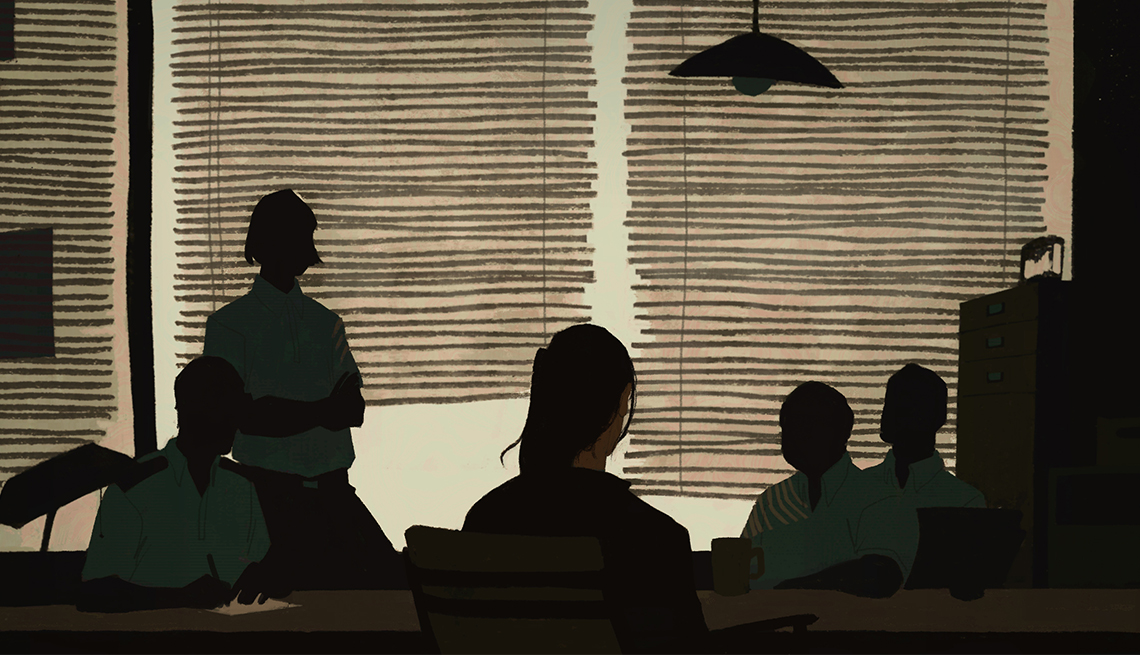
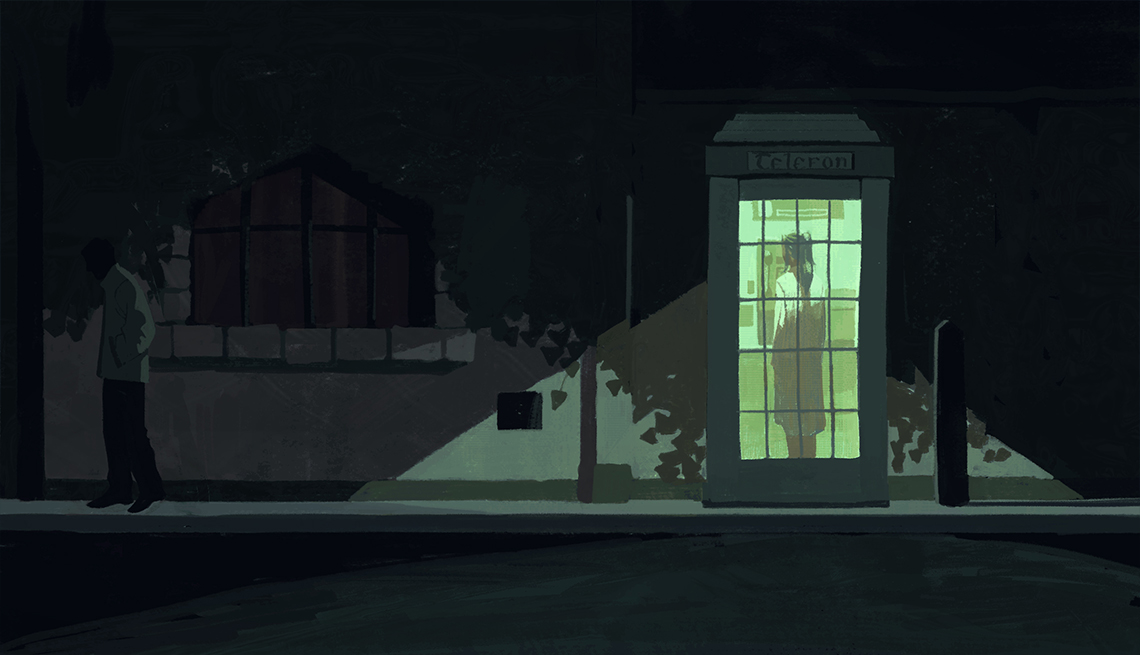
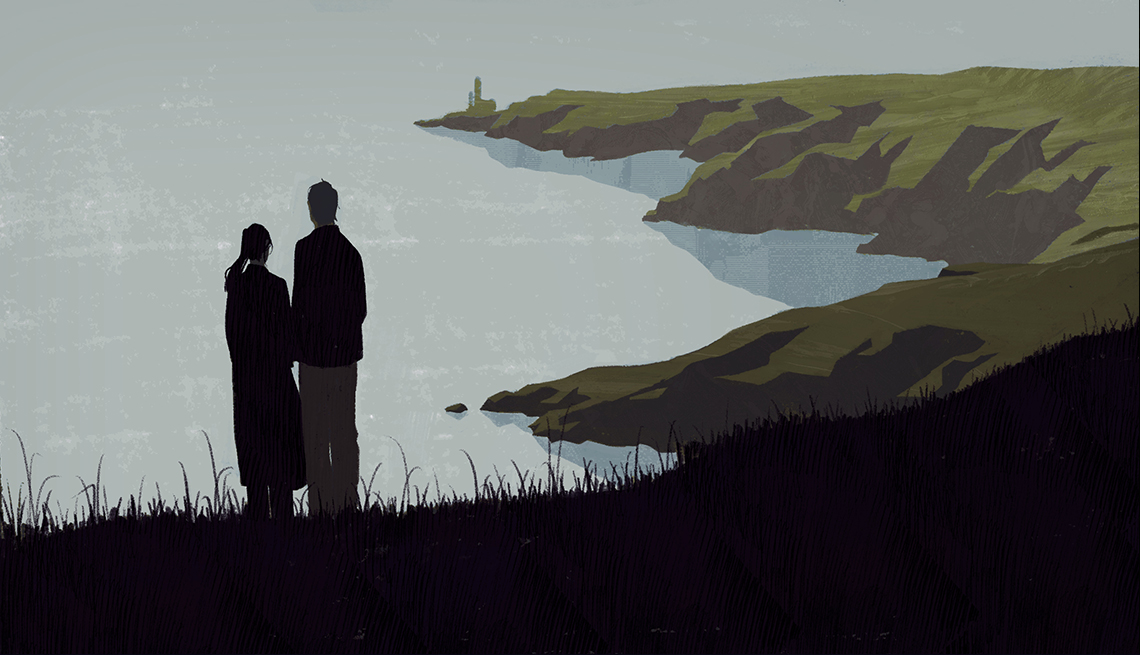
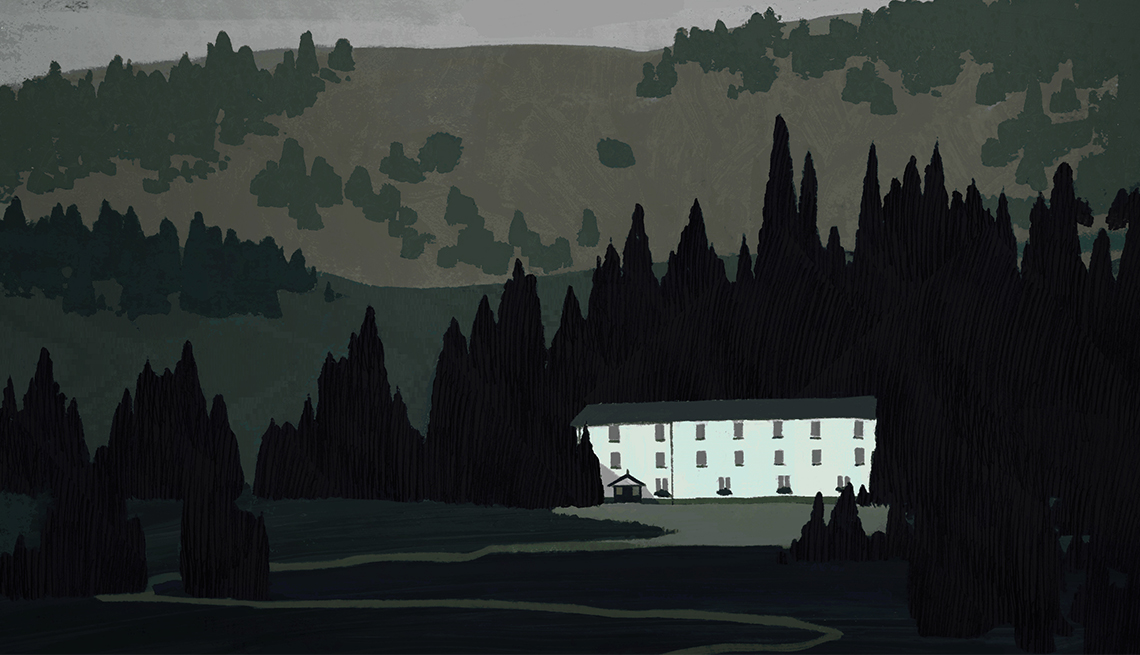
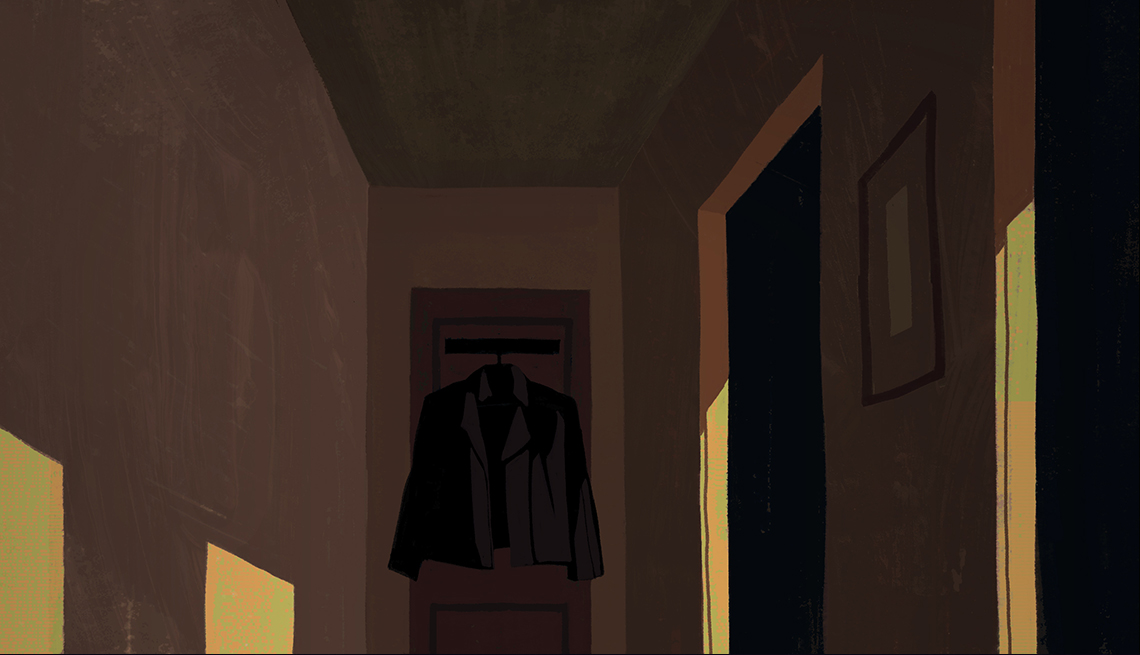
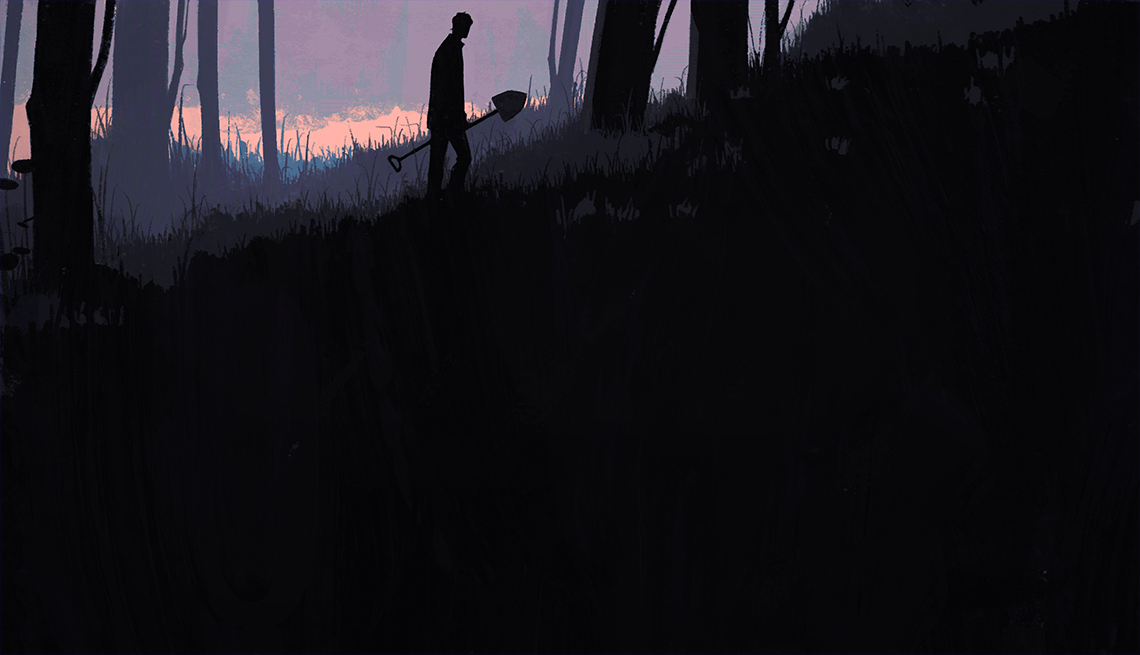
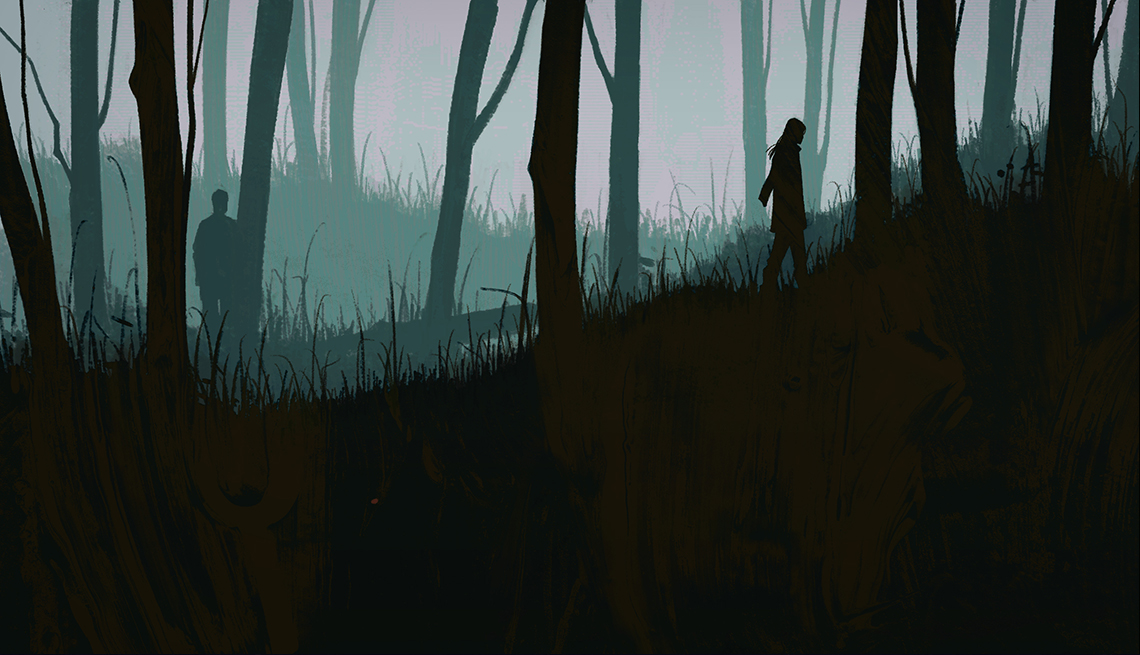
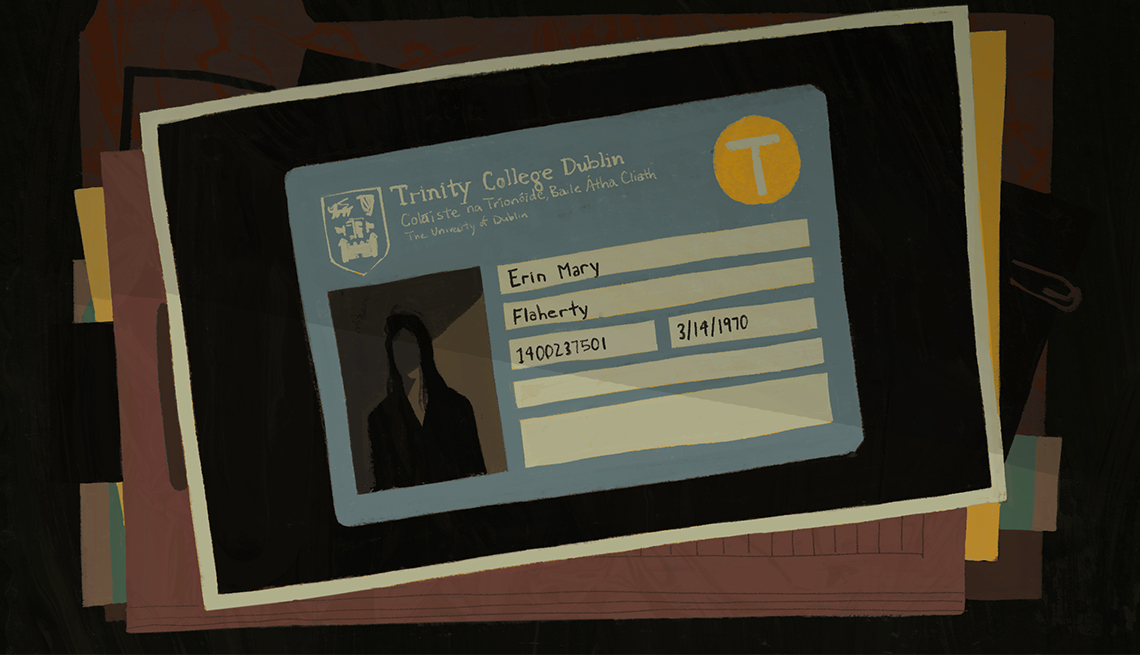
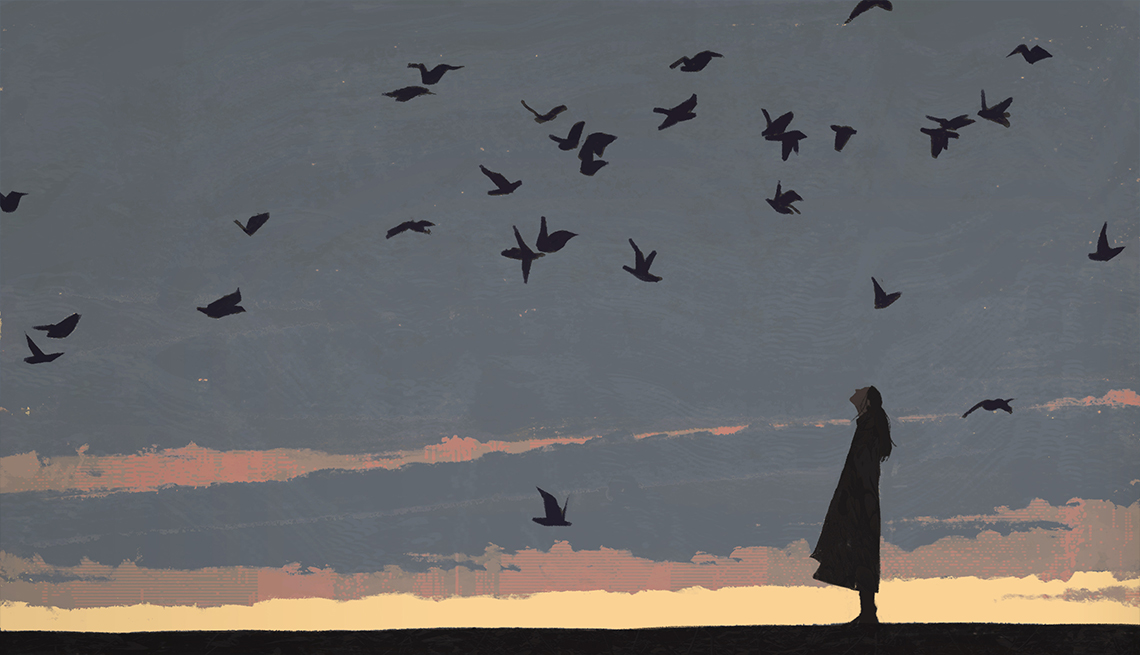
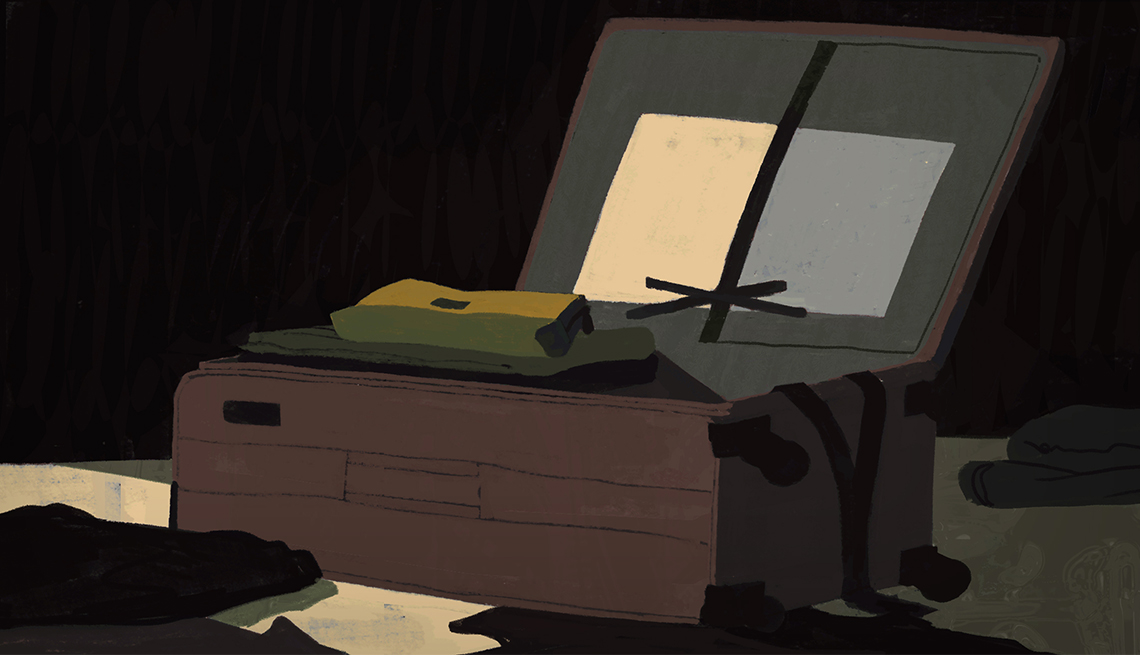
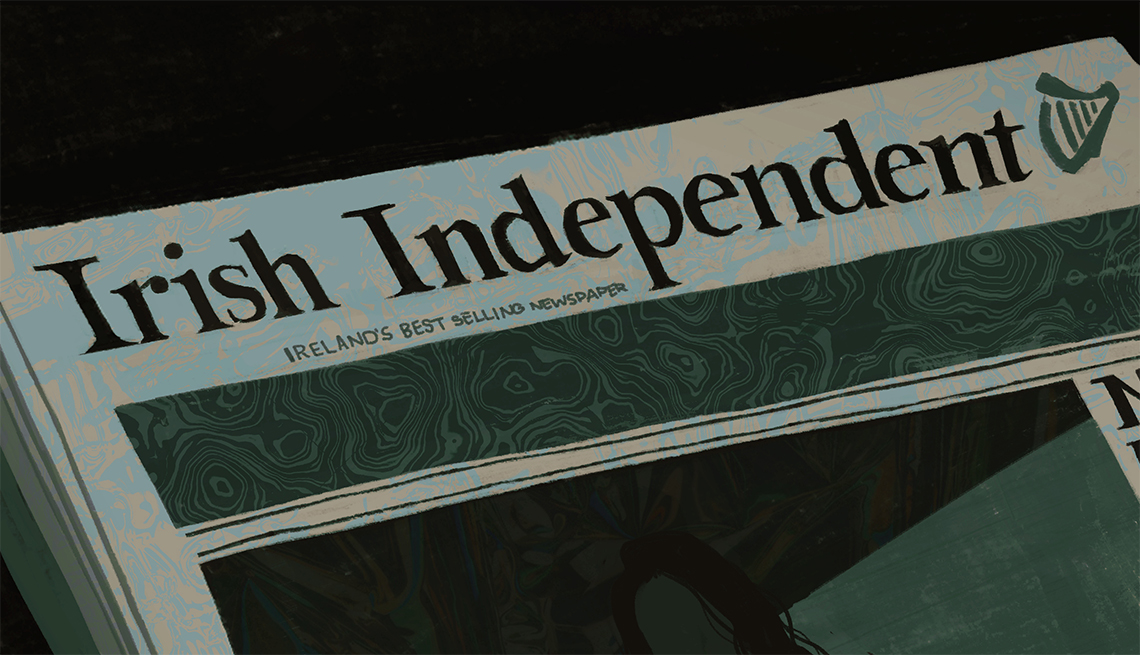
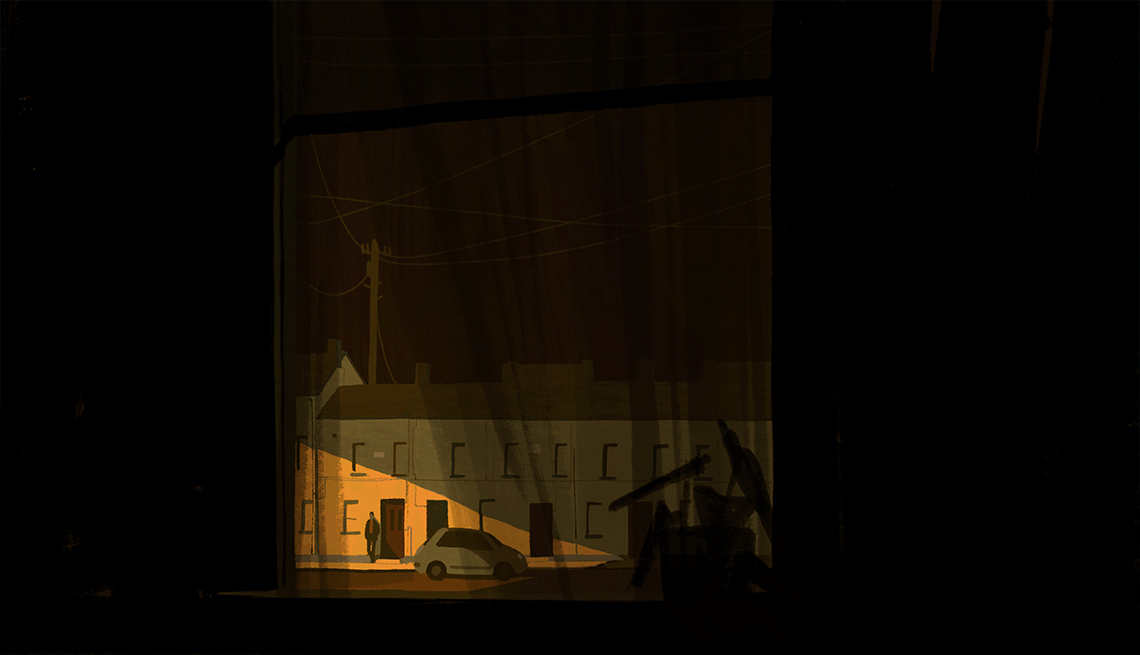
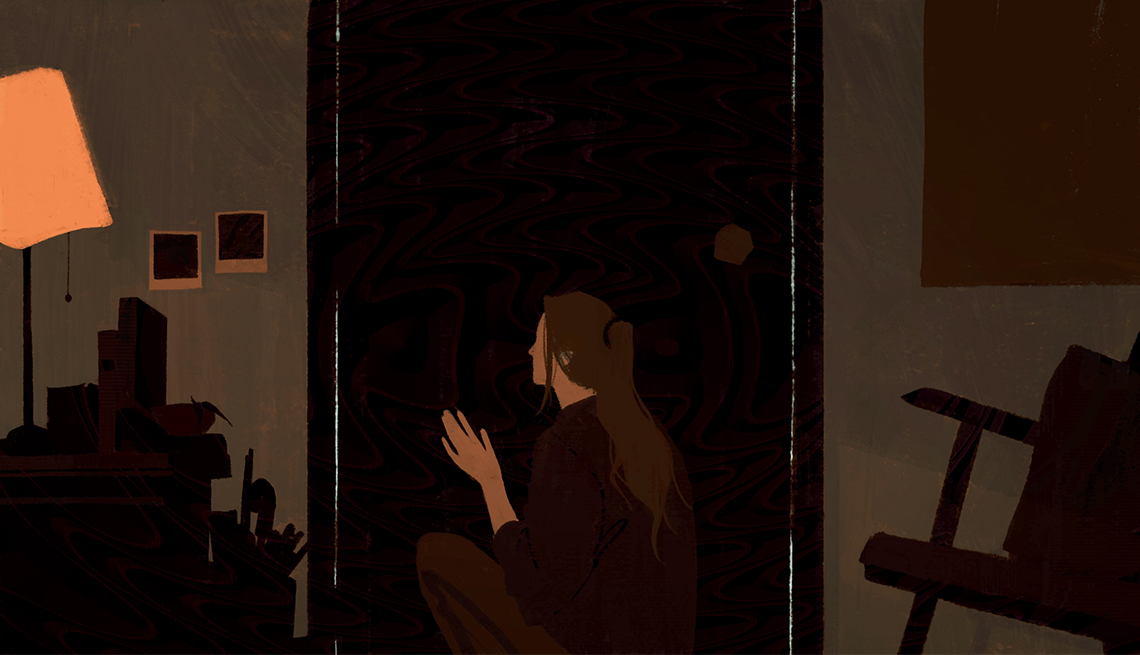
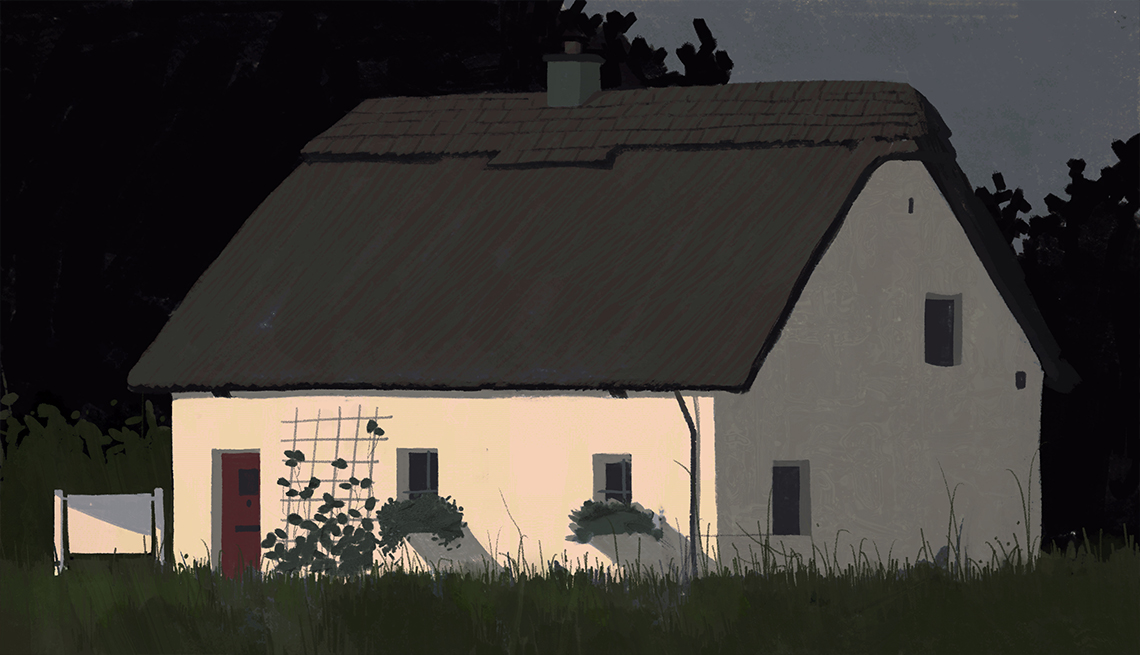
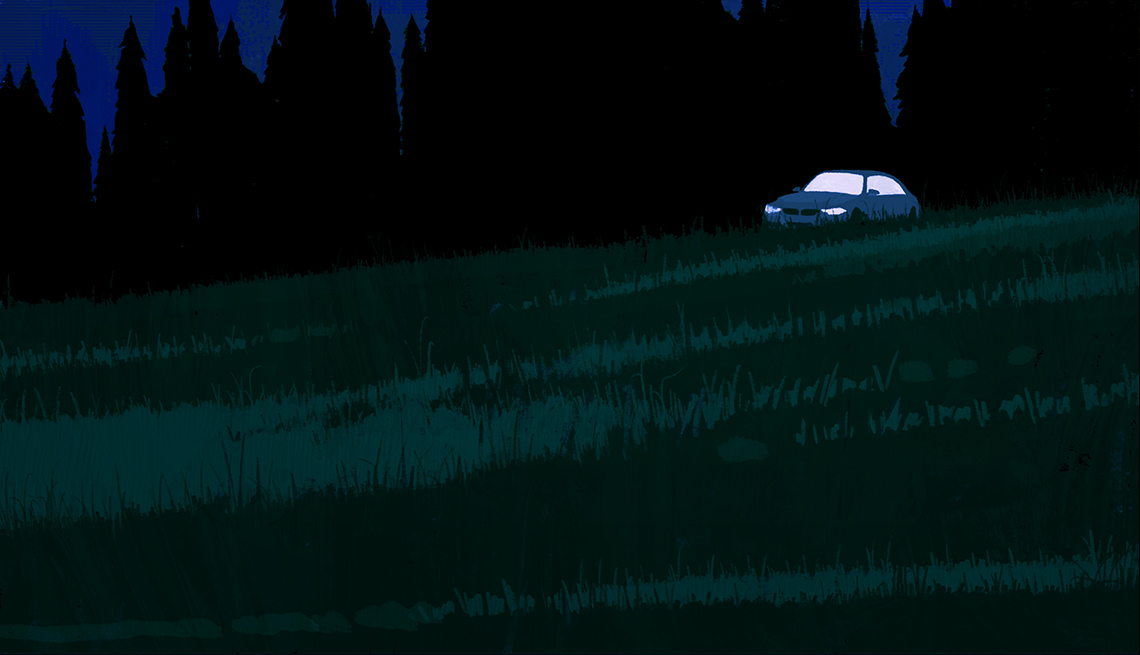
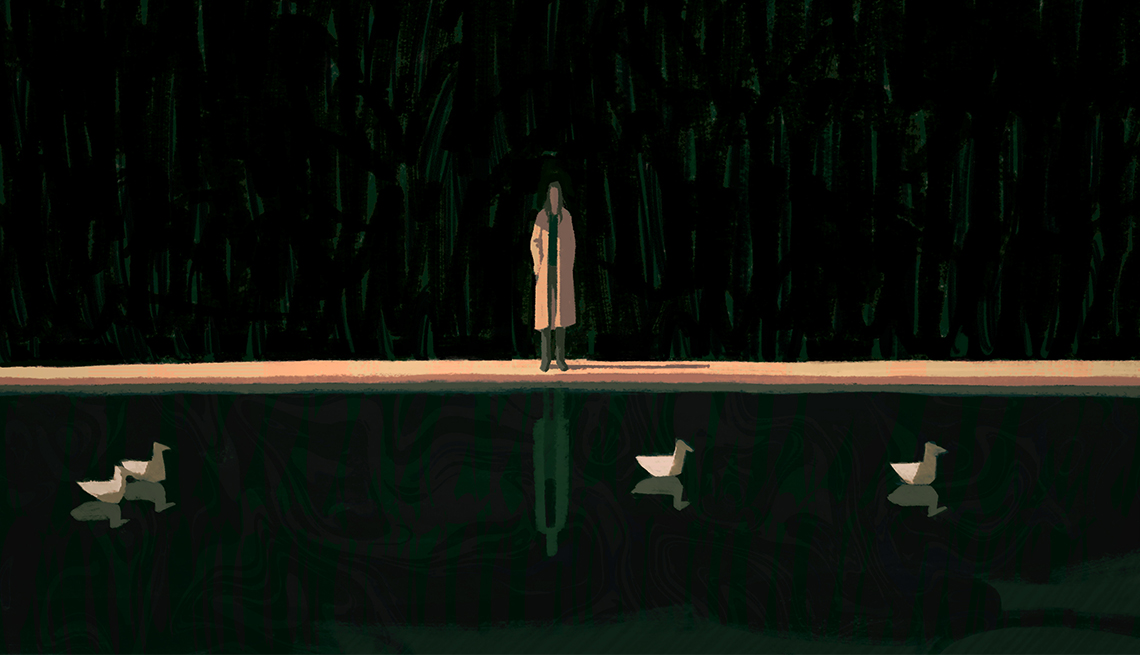

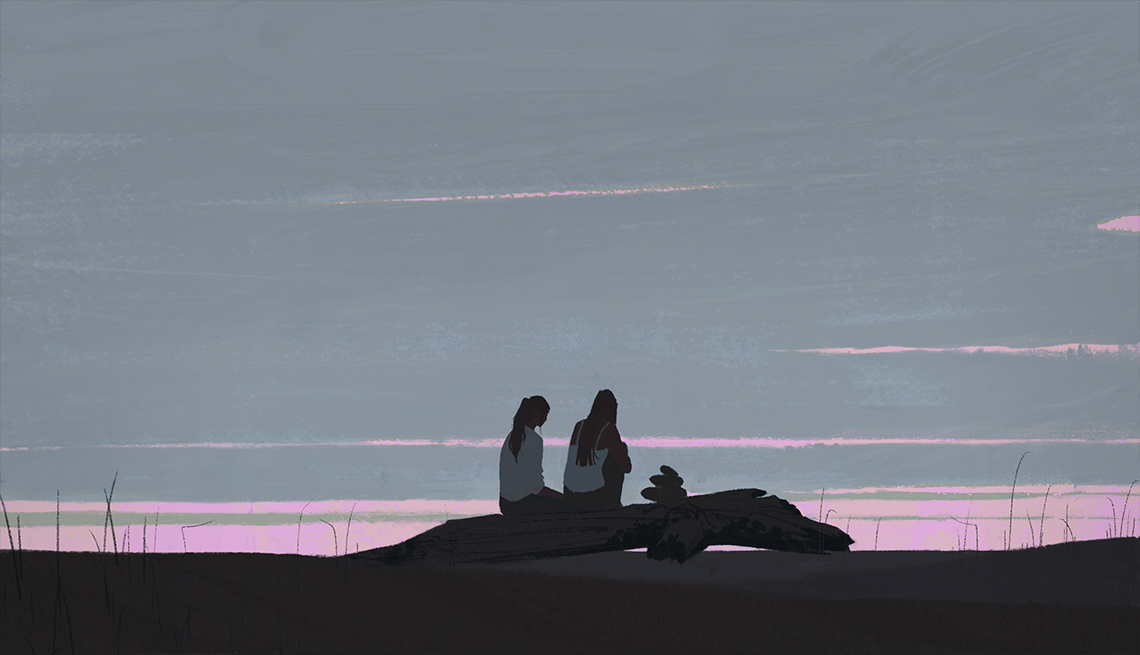
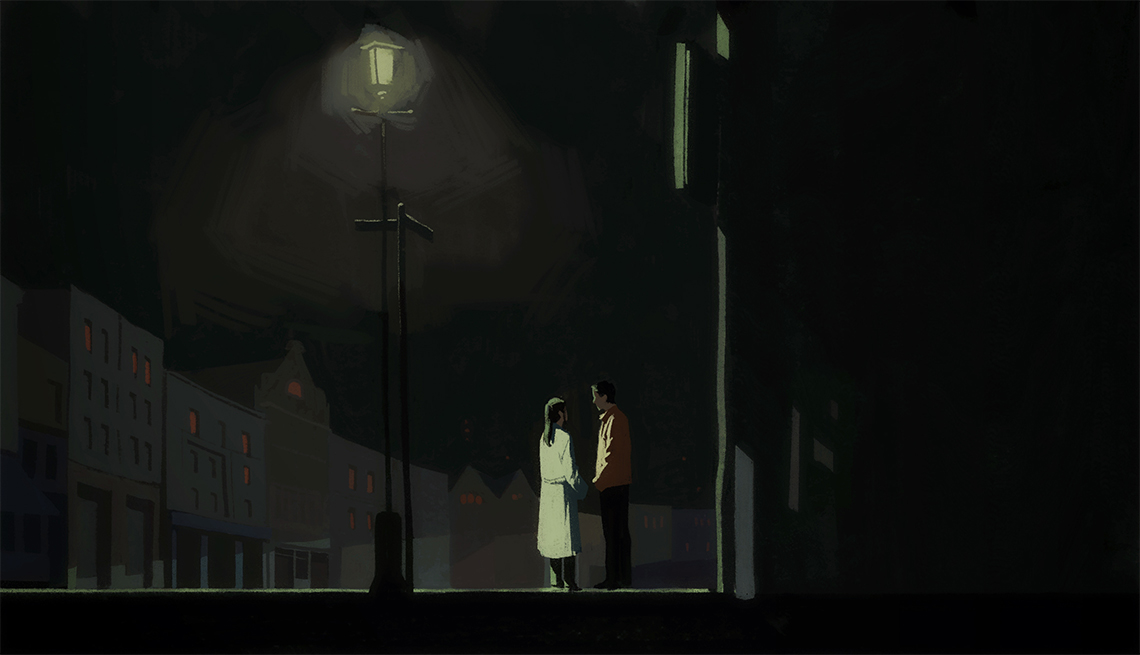
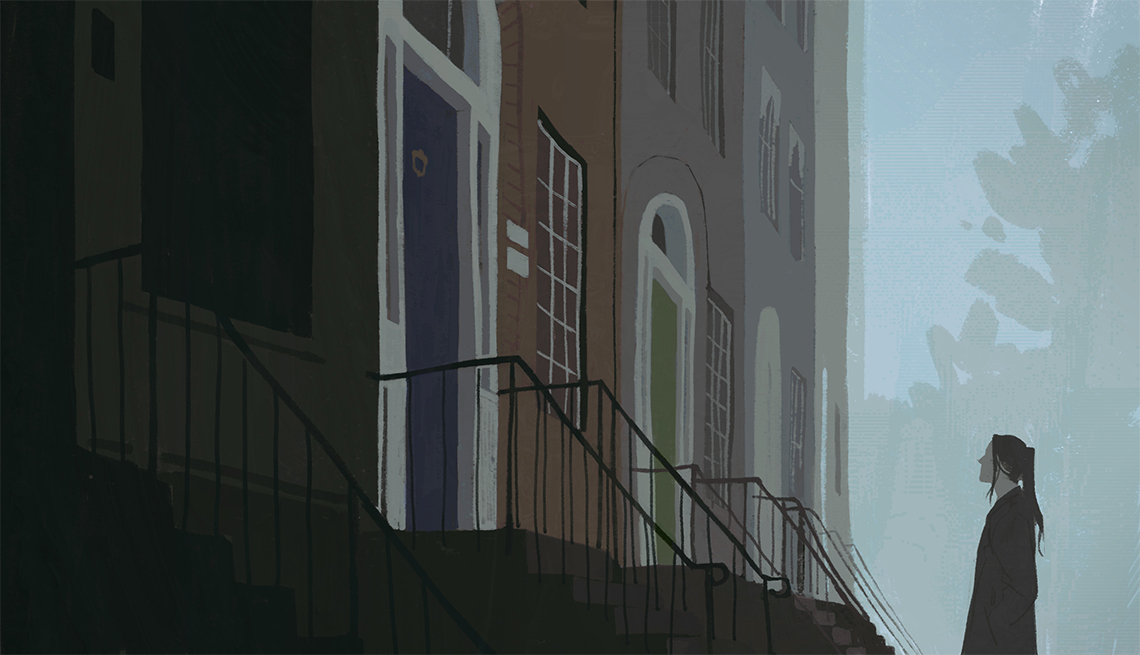
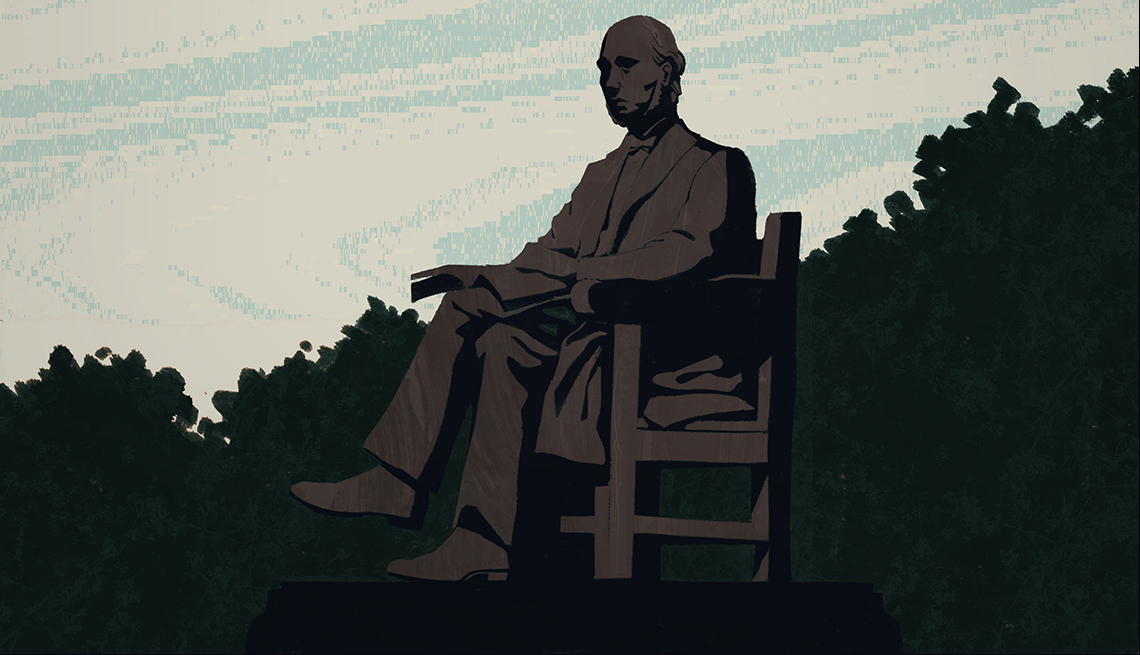
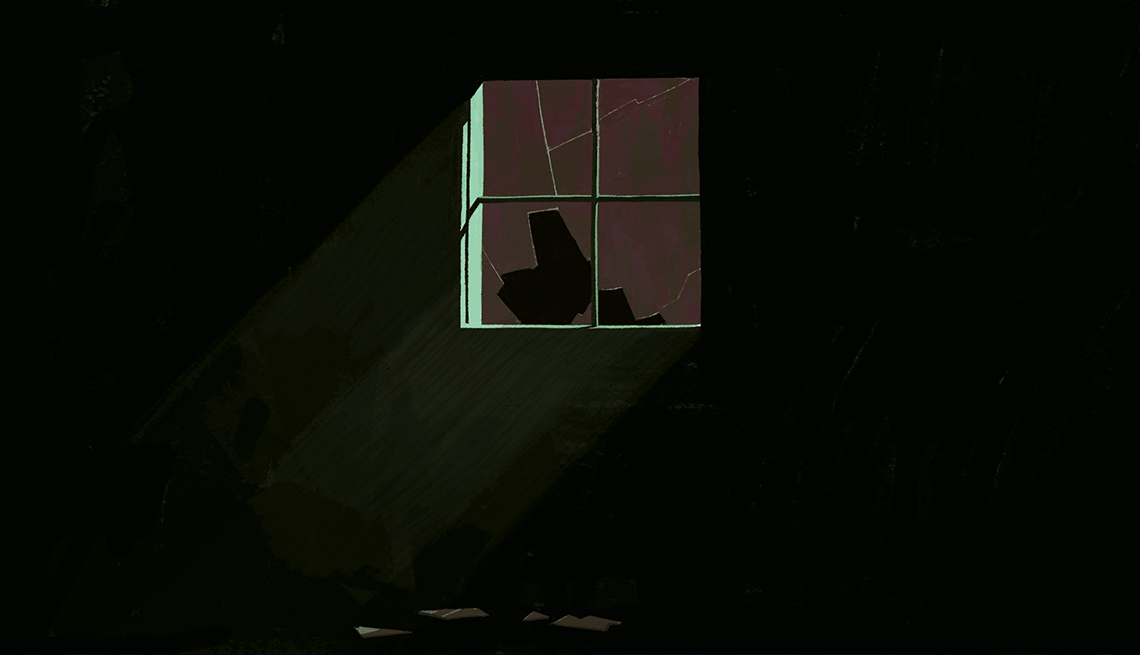
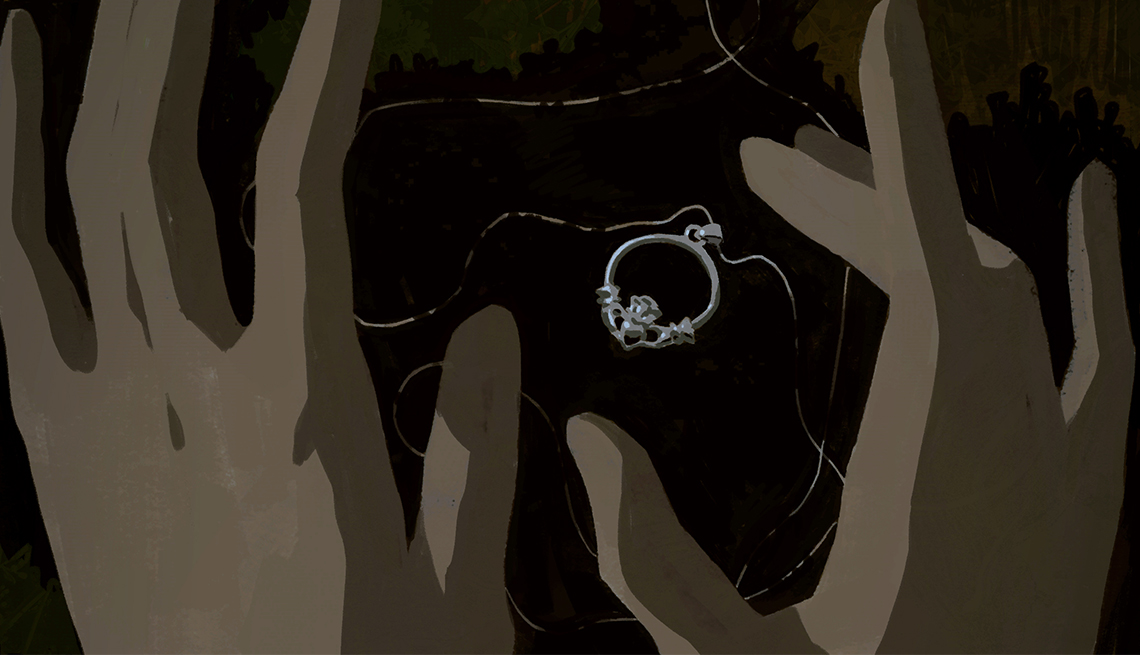
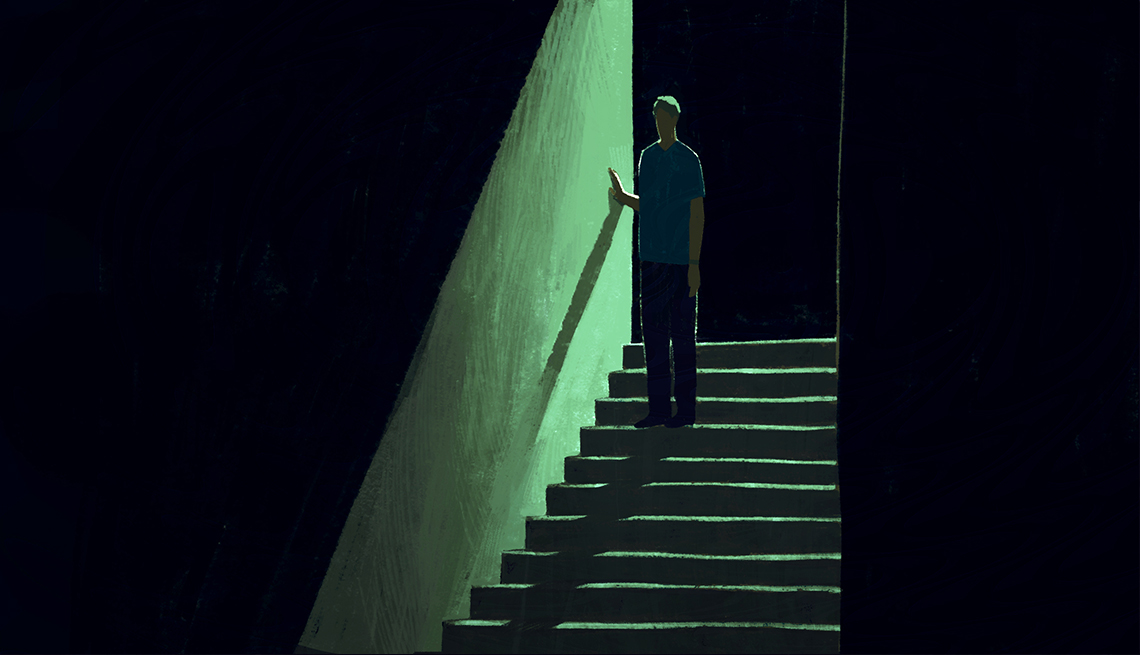
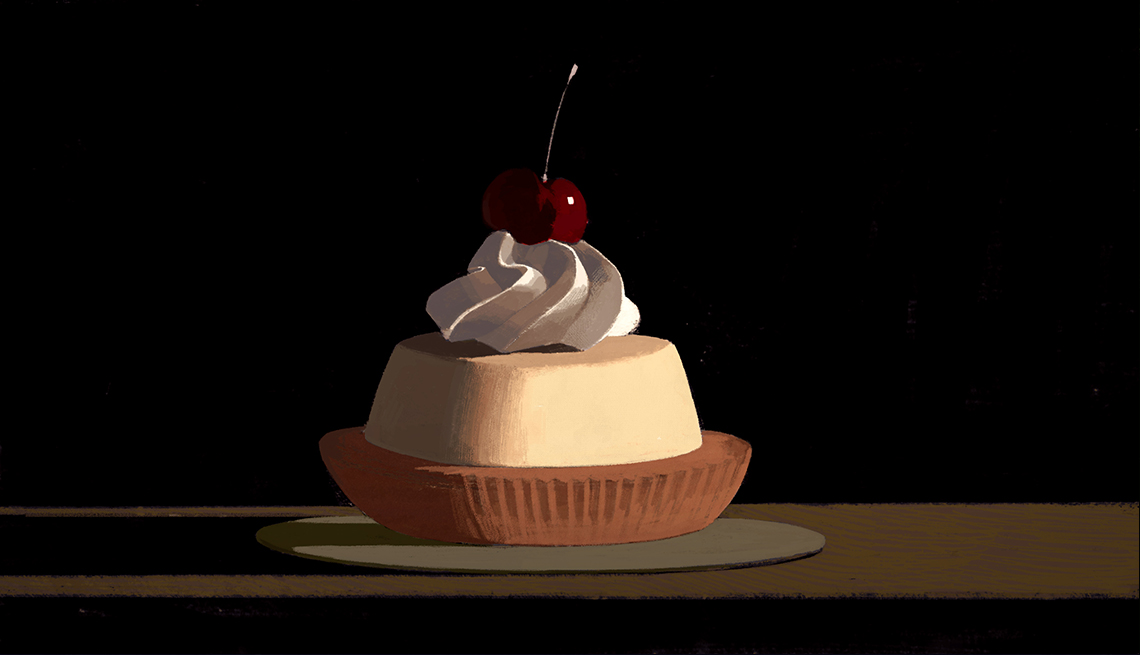



More From AARP
Free Books Online for Your Reading Pleasure
Gripping mysteries and other novels by popular authors available in their entirety for AARP members